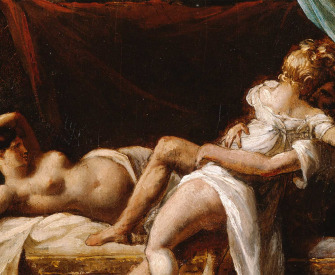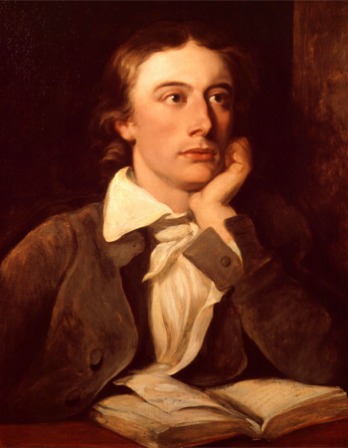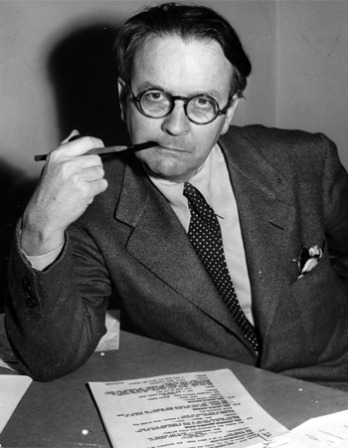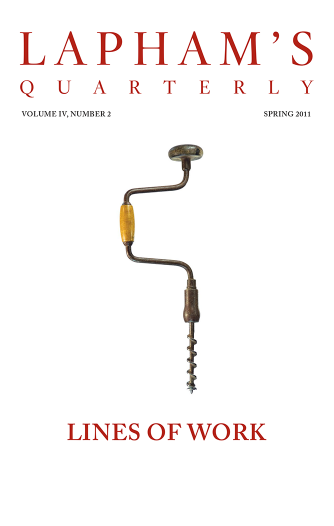Dear Malcolm,
I saw the Life with your Hemingway piece. I didn’t read it, but I know it’s all right or you wouldn’t have put your name on it; for which reason I know Hemingway thinks it’s all right, and I hope it will profit him—if there is any profit or increase or increment that a brave man and an artist can lack or need or want.
But I am more convinced and determined than ever that this is not for me. I will protest to the last: no photographs, no recorded documents. It is my ambition to be, as a private individual, abolished and voided from history, leaving it markless, no refuse save the printed books; I wish I had had enough sense to see ahead thirty years ago and, like some of the Elizabethans, not signed them. It is my aim, and every effort bent, that the sum and history of my life, which in the same sentence is my obit and epitaph too, shall be them both: he made the books, and he died.
From a letter to Malcolm Cowley. Faulkner published three of his most famous novels over a span of three years—The Sound and the Fury in 1929, As I Lay Dying in 1930, and Light in August in 1931. He received the Nobel Prize for Literature in 1949 and ten years later bought a house in Charlottesville, Virginia, where he enjoyed horse riding and fox hunting. He died in Byhalia, Mississippi, at the age of sixty-four in 1962.
Back to Issue





